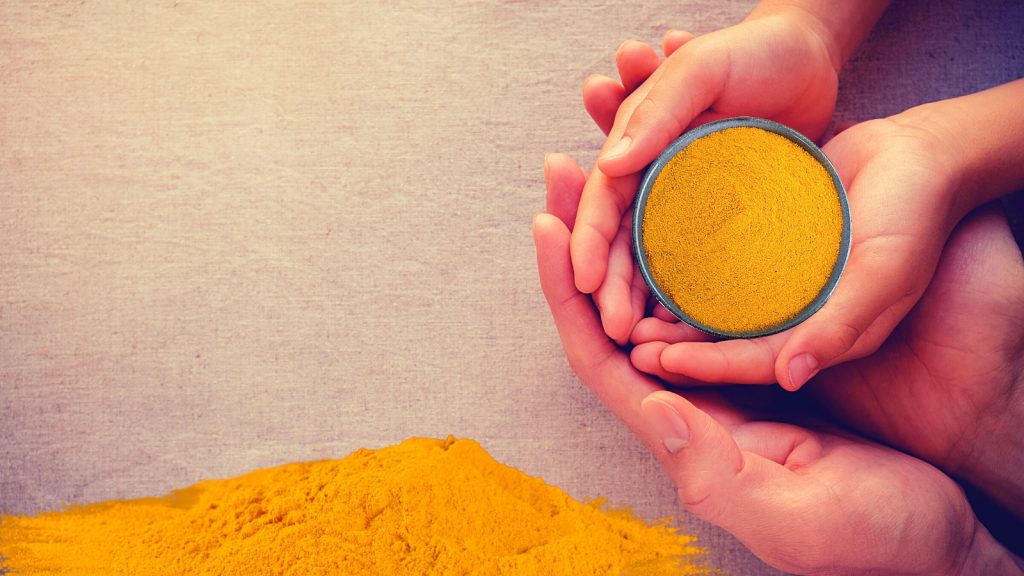
Sugar includes table sugar, sweeteners, honey and fruit juices, and is extracted, refined and added to food and drink to make it taste better. Life will be tasteless without it! Both complex and simple carbs are made up of sugar molecules, which are broken down into glucose and used by every cell in the body to generate energy and fuel our brain.
Glycation in a simple term is a process where sugar bind themselves to other molecules such as proteins, fats even DNA without involving enzymic reaction. This process can cause the molecules to become harden and inflexible.
We all know that aging is a progressive loss of the efficacy of biochemical and physiological processes in our body that slowly happen until death comes to us.
When we keep eating high sugar food, our body may have the tendency to not metabolize sugars properly. It may become worse if we have prediabetic symptoms or we are already diagnosed with diabetes!
According to Kim et al, (2017), when glycation occurs in our body, one of the proteins that will be affected is the collagen in our skin, blood vessel and tendon which may result in loss of the its function and elasticity. Not only that, the scariest part is, glycation process has formidable end products which called “AGEs -advanced glycation end product” that also causes free radical formation, oxidative stress and inflammation, all of which accelerate the AGEING process!
Sugar and refined carbs can cause a rush of the hormone insulin, which can then increase our levels of testosterone and in turn can contribute to acne. In the other word, as it can stimulate sebum production, pores can get clogged more easily and inflammation can occur.
We are also familiar with the fact that unbalance collagen production leads to skin sagging and therefore wrinkle formation. On top of that, the sugar we lavishly consume is also can be powerful dehydrating agent which not only boosts sebum production but also affects water binding. This can accelerate our skin to become wrinkle, loss of elasticity, laxity, and rough- textured appearance, adding to those unwanted dark circles around the eyes and the dogged age spots!
1. Eat more healthy food & rich source of antioxidant- Naturally occurring phytochemicals and nutrition are better as compared to drugs. It is also cheaper too. They are most abundant in fruits and vegetables, as well as other foods including nuts, whole grains and some meats, poultry and fish. Good sources of specific antioxidants include allium sulphur compounds– leeks, onions and garlic; anthocyanins – eggplant, grapes and berries. Several medical herbs, dietary plants, and phytocompounds can inhibit protein glycation. These natural products with high antioxidant capacity are promising anti glycation and AGE formation agents. Their anti-AGE activity may be one mechanism of their beneficial actions on our health!
2. Cut sugar intake - Keeping tabs on how much sugar we are consuming is an important part of a healthy lifestyle. We can start by cutting the sugar filled drink and choose more to plain water. Following a low GI diet (we will introduce "What low GI diet" in the further article) can be very beneficial for our skin. Dietary measures to control our blood sugar levels is essential in avoidance of glycation.
3. Get a quality sleep- Sleep deprivation is also known to impair insulin sensitivity and glucose tolerance which means that glycation is more likely. A good quality night sleep is just as important as regular exercise and a healthy diet. Make sure you are getting a minimum six to eight hours of sleep per night.
4. Stress free- Stress increases free radical regeneration and oxidative stress throughout our entire body which is a key factor when it comes to ageing. Stress can also lead to raised levels of cortisol, which also degenerates collagen.
5. Go physical- When we do moderate exercise, like walking, that makes our heart beat a little faster and breathe a little harder. Our muscles use more glucose, the sugar in our blood stream. Over time, this can lower our blood sugar levels. It also makes the insulin in our body work better. As a result, it will yield a modest reduction in glycation and substantially increase our muscle size!